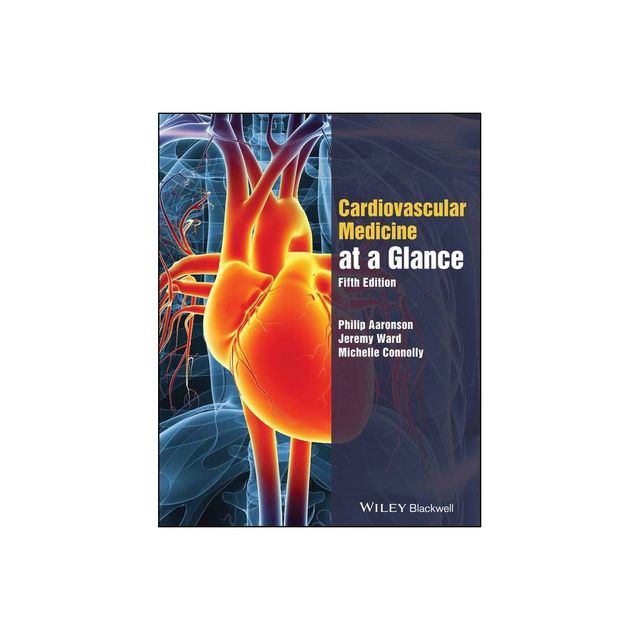Home
Vortex Formation in the Cardiovascular System
Loading Inventory...
Barnes and Noble
Vortex Formation in the Cardiovascular System
Current price: $119.99


Barnes and Noble
Vortex Formation in the Cardiovascular System
Current price: $119.99
Loading Inventory...
Size: OS
*Product Information may vary - to confirm product availability, pricing, and additional information please contact Barnes and Noble
Vortex Formation in the Cardiovascular System will recapitulate the current knowledge about the vortex formation in the cardiovascular system, from mechanics to cardiology. This can facilitate the interaction between basic scientists and clinicians on the topic of the circulatory system. The book begins with a synopsis of the fundamentals aspects of fluid mechanics to give the reader the essential background to address the proceeding chapters. Then the fundamental elements of vortex dynamics will be discussed, explaining the conditions for their formation and the rules governing their dynamics. The main equations are accompanied by mathematical models. Cardiovascular vortex formation is first analyzed in physiological, healthy conditions in the heart chambers and in the large arterial vessels. The analysis is initially presented with an intuitive appeal grounded on the physical phenomena and a focus on its clinical significance.In the proceeding chapters, the knowledge gained from either clinical or basic science literature will be discussed. The corresponding mathematical elements will finally be presented to ensure the adequate diligence. The proceeding chapters ensue to the analysis of pathological conditions, when the reader may have developed the ability to recognize normal from abnormal vortex formation phenomenon. Pathological vortex formation represents vortices that develop at sites where normally laminar flow should exist, e.g. stenosis and aneurisms. This analysis naturally leads to the interaction of vortices due to the surgical procedures with respect to prediction of changes in vortex formation. The existing techniques, from medical imaging to numerical simulations, to explore vortex flows in the cardiovascular systems will also be described. The presentations are accompanied by the mathematical definitions can that be understandable for reader without the advanced mathematical background, while an interested reader with more advanced knowledge inmathematics can be referred to references for further quantitative analyses. The book pursues the objective to transfer the fundamental vortex formation phenomena with application to the cardiovascular system to the reader. This book will be a valuable support for physicians in the evaluation of vortex influence on diagnosis and therapeutic choices. At the same time, the book will provide the rigorous information for research scientists, either from medicine and mechanics, working on the cardiovascular circulation incurring with the physics of vortex dynamics.


















